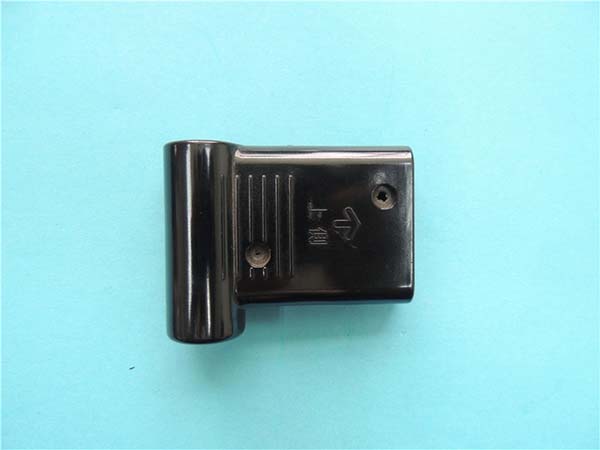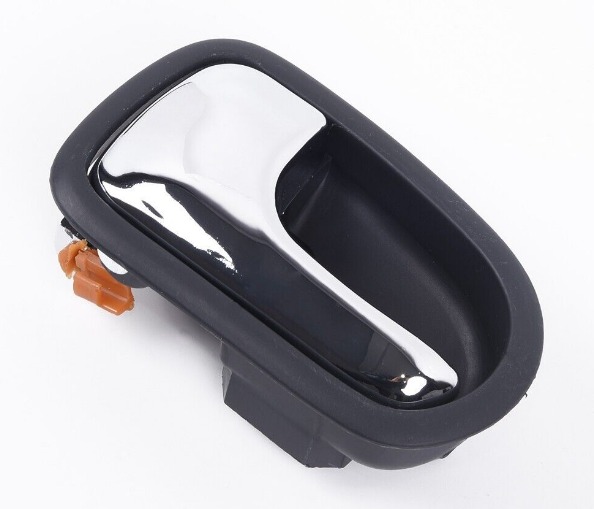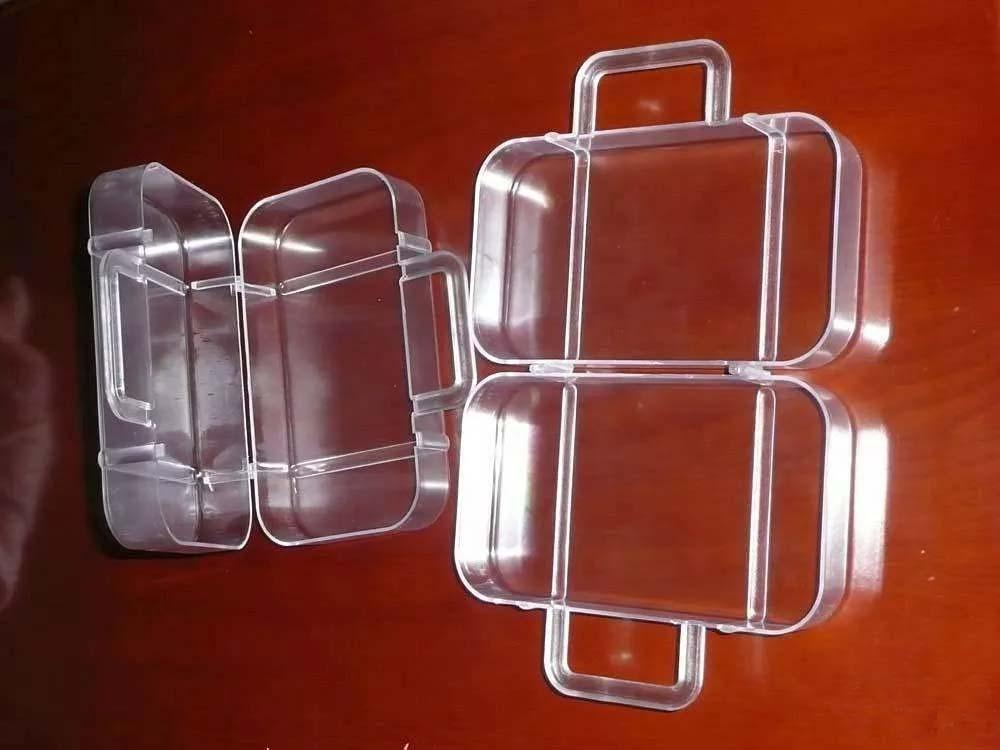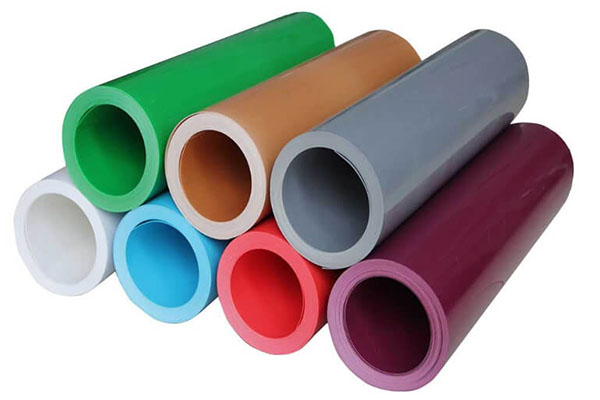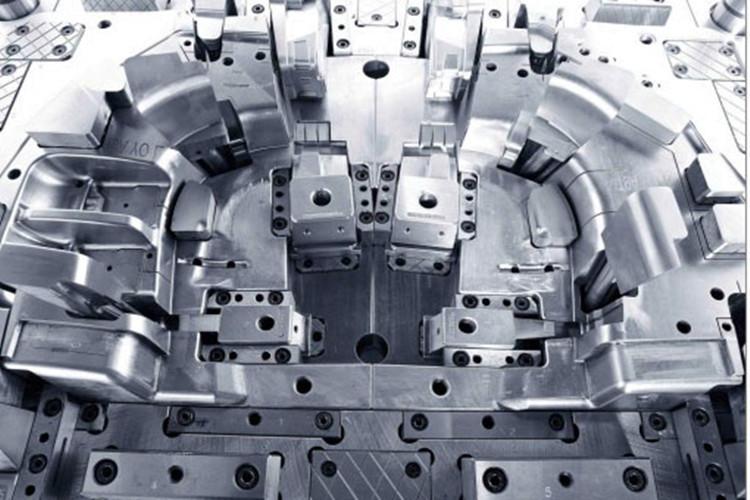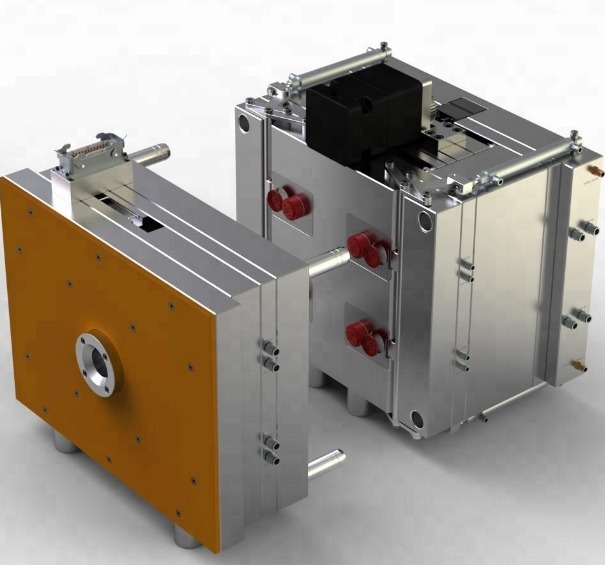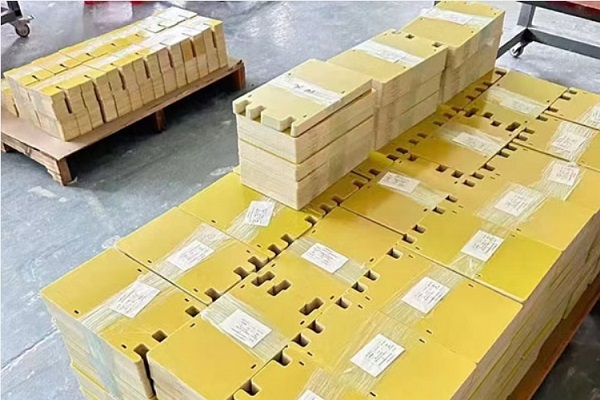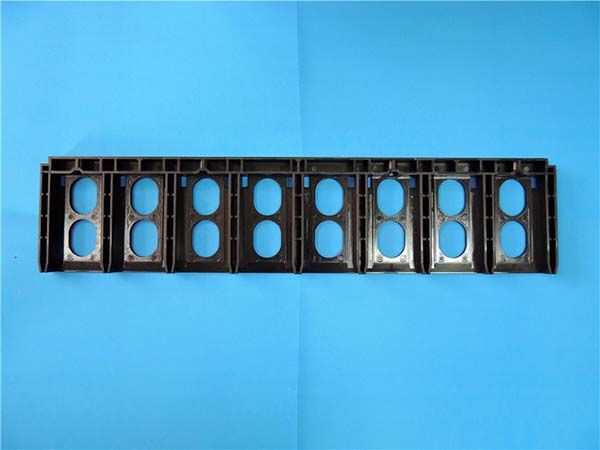Understanding Medical Injection Molding
Medical injection molding stands as a cornerstone in healthcare manufacturing, playing a pivotal role in producing a vast array of essential medical components. This highly specialized process is far more than just a manufacturing technique; it is the key to creating products that directly impact patient care and medical advancements.
Definition and Working Principle
Medical injection molding is a manufacturing process where molten, medical - grade materials, typically plastics, are injected under high pressure into a precisely designed mold cavity. Once inside the mold, the material cools and solidifies, taking on the exact shape of the cavity. This process is highly automated, allowing for the production of complex - shaped components with remarkable consistency. For example, the production of a syringe barrel starts with melting a specific type of medical - grade plastic. The molten plastic is then forcefully injected into a mold that has the exact inner and outer dimensions of the syringe barrel. As it cools, the plastic hardens, and the final product is a precisely formed syringe barrel ready for further assembly.
Differences from General Injection Molding
The most apparent difference lies in the materials used. In medical injection molding, materials must meet strict biocompatibility standards. For instance, polypropylene (PP) used in medical applications needs to be of a higher purity and have specific certifications, such as meeting the requirements of the U.S. Food and Drug Administration (FDA) for medical device materials. General injection molding may use a wider range of materials with less stringent purity and safety requirements.
The production environment for medical injection molding is also strictly controlled. It often takes place in cleanrooms, where factors like temperature, humidity, and air quality are closely monitored. This is to prevent any contamination of the medical components. In contrast, general injection molding can occur in a more standard manufacturing environment.
Quality control in medical injection molding is extremely rigorous. Every component is often subject to multiple inspections, including dimensional checks, material composition analysis, and biocompatibility testing. In general injection molding, the quality control may focus more on basic dimensions and aesthetic appearance, with less emphasis on the complex medical - specific requirements.
Key Requirements for Medical Injection Molding in Healthcare
Material Selection
The choice of materials in medical injection molding is of utmost importance. The materials must meet strict biocompatibility, chemical resistance, and sterilization requirements.
- Polyethylene (PE): This is a common material used in medical injection molding. It has excellent chemical resistance, is non - reactive, and has high impact resistance. For example, it is often used in the production of blood bags. Its non - reactive nature ensures that it does not interact with the blood components, maintaining the integrity and safety of the stored blood.
- Polyvinyl Chloride (PVC): PVC is another widely used material. It can be formulated to be soft or rigid, making it suitable for a variety of applications. In the medical field, soft PVC is often used in the production of catheters due to its flexibility, which allows for easy insertion into the body, while rigid PVC may be used for some medical device housings.
- Polyetheretherketone (PEEK): PEEK is a high - performance polymer with outstanding chemical resistance, heat resistance, and mechanical properties. It is highly sterilizable, which makes it ideal for use in implantable medical devices. For instance, it can be used to make artificial joints, as it can withstand the mechanical stresses within the body over long periods and can be effectively sterilized before implantation.
Precision and Quality Control
Precision is a critical factor in medical injection molding. Medical components often have tight tolerance requirements. For example, the inner diameter of a syringe barrel needs to be precisely controlled to ensure accurate dosing of medications. Even a slight deviation in the diameter could lead to over - or under - dosing, which can have serious consequences for patients.
Quality control in medical injection molding is extremely rigorous and follows international standards such as ISO 13485 for medical devices. This standard outlines requirements for a quality management system specific to the design, development, production, installation, and servicing of medical devices.
Inspection methods include:
- Dimensional Inspection: Using precision measuring tools like coordinate measuring machines (CMMs), manufacturers can ensure that the molded parts meet the exact dimensional specifications. For example, if a medical component has a specified length of 10 ± 0.05 mm, the CMM can accurately measure the length to verify compliance.
- Material Analysis: Techniques such as Fourier - transform infrared spectroscopy (FTIR) are used to analyze the chemical composition of the materials. This ensures that the plastic used in the injection molding process is the correct grade and free from contaminants.
Cleanroom Environment
A cleanroom environment is essential for medical injection molding to prevent contamination of the medical components. Contaminants, such as dust particles, bacteria, or viruses, can compromise the safety and effectiveness of medical devices.
Cleanrooms are classified according to the number of particles per cubic meter of air. The most common classification standards are ISO 14644 - 1. For example:
- ISO Class 5: This class allows a maximum of 3,520 particles of 0.5 - micrometer size or larger per cubic meter of air. It is often used for the production of high - risk medical devices like implantable devices.
- ISO Class 8: Allows 352,000 particles of 0.5 - micrometer size or larger per cubic meter of air. It may be suitable for some less critical medical components, such as certain types of medical device housings.
Maintaining a cleanroom requires strict control over factors such as air filtration, temperature, humidity, and personnel access. High - efficiency particulate air (HEPA) filters are used to remove particles from the air, and strict gowning procedures are in place for personnel entering the cleanroom to minimize the introduction of contaminants.
Yigu Technology's Perspective
As a non - standard plastic metal products custom supplier, Yigu Technology deeply understands the significance of medical injection molding in healthcare manufacturing. With years of experience in the field, we are well - positioned to provide valuable insights and high - quality solutions.
Material Selection Expertise
Yigu Technology has an in - depth understanding of a wide range of materials suitable for medical injection molding. We work closely with material suppliers to source the highest - quality medical - grade plastics and metal alloys. Our team can help clients choose the most appropriate materials based on their specific product requirements. For example, when a client needs a component with high chemical resistance for a medical fluid handling device, we can recommend materials like PEEK or certain specialized grades of polyethylene, ensuring that the final product meets all biocompatibility and performance standards.
Production Process and Quality Control
In the production process, we adhere to strict quality control measures. All our production facilities are equipped with state - of - the - art injection molding machines and inspection equipment. We operate in a cleanroom environment that meets ISO standards, ensuring that the medical components we produce are free from contaminants. Each production batch undergoes multiple inspections, including in - process quality checks and final product inspections. We also have a comprehensive quality management system in place, which allows us to quickly identify and address any quality issues, providing clients with reliable and high - quality products.
In summary, Yigu Technology is committed to providing customized solutions for medical injection molding in healthcare manufacturing. Our expertise in material selection, mold design, production process, and quality control enables us to meet the diverse needs of our clients in the medical industry.
FAQ
What are the common materials used in medical injection molding?
Common materials in medical injection molding include Polyethylene (PE), known for its excellent chemical resistance, non - reactivity, and high impact resistance, often used in blood bags. Polyvinyl Chloride (PVC) can be soft or rigid, with soft PVC used in catheters for its flexibility and rigid PVC in some medical device housings. Polyetheretherketone (PEEK) is a high - performance polymer with outstanding chemical resistance, heat resistance, mechanical properties, and high sterilizability, making it suitable for implantable medical devices like artificial joints.
How can I ensure the quality of medical injection - molded products?
To ensure the quality of medical injection - molded products, start by choosing high - quality medical - grade materials that meet strict biocompatibility and other requirements. Control the production process rigorously, including maintaining a cleanroom environment, precisely setting injection molding parameters such as temperature, pressure, and injection speed. Conduct strict inspections at every stage, including dimensional inspections using tools like CMMs, material analysis with techniques like FTIR, and biocompatibility testing. Also, follow international quality standards like ISO 13485 for medical devices.
What factors should I consider when choosing a medical injection molding supplier?
When choosing a medical injection molding supplier, consider their production capacity to ensure they can meet your order volume requirements in a timely manner. Look for strong quality assurance measures, including compliance with international quality standards, a cleanroom production environment, and rigorous inspection processes. Cost - effectiveness is important; compare the costs of different suppliers while also considering the quality of their products. Finally, assess their customer service, such as their responsiveness to inquiries, ability to provide technical support, and flexibility in handling changes to orders.

